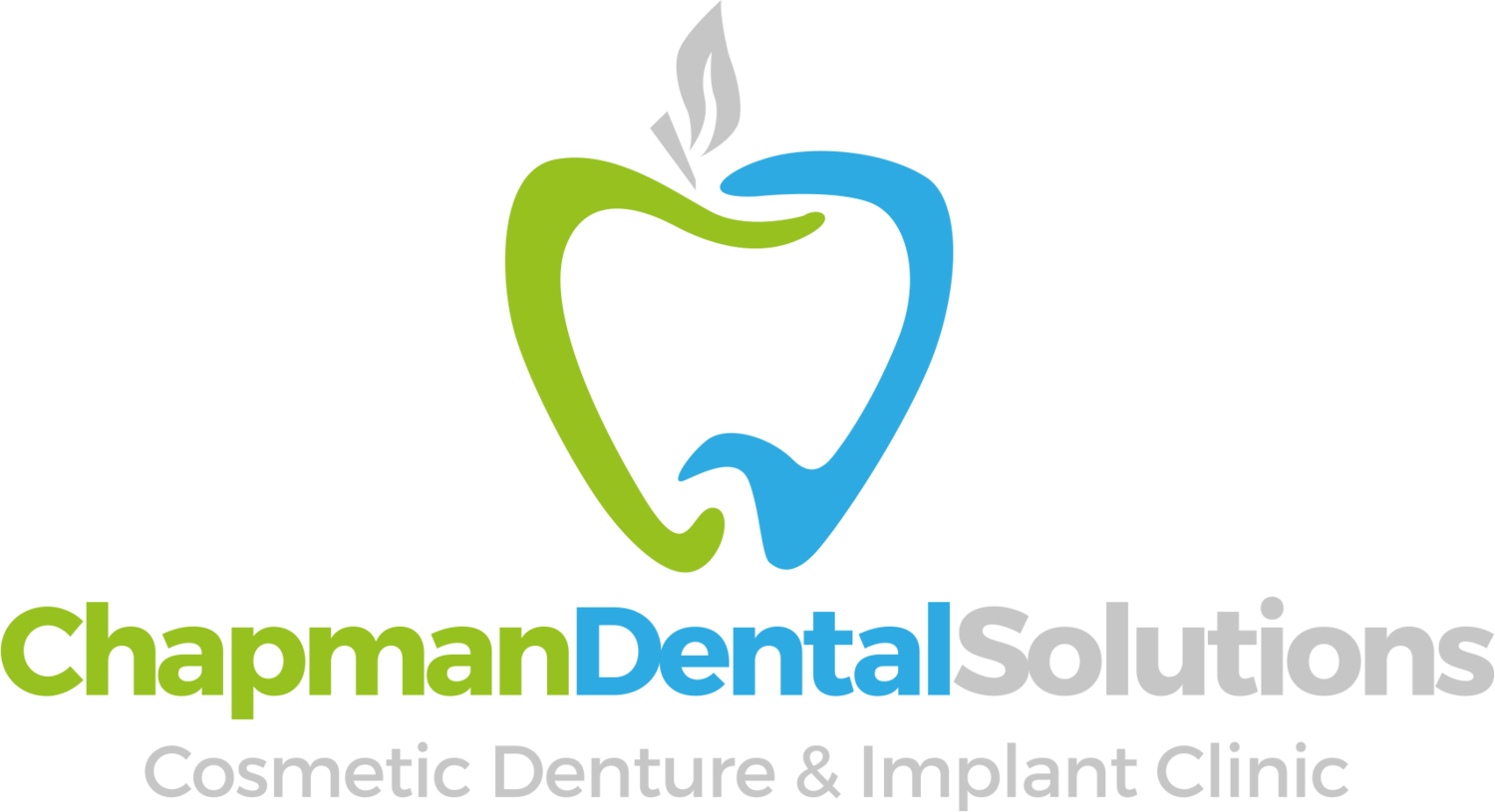Let's talk about Dental Implants
A dental implant is a surgical component that serves as an artificial root to support a dental prosthesis, such as a crown, bridge, denture, or facial prosthesis. It is typically made of titanium or zirconia due to its biocompatibility, strength, and ability to fuse with bone through a process called osseointegration. Implants can be used in a number of ways to replace missing teeth, from individual implant crowns to bridges or implant-retained dentures.
Wide Range of Implant Solutions
Dental implants offer versatile solutions for replacing missing teeth, catering to a variety of dental needs:
Individual Implant Crowns:
Ideal for replacing single missing teeth, individual implant crowns restore both the function and appearance of natural teeth.
The implant fixture is placed in the jawbone, followed by the abutment and the custom-made crown.
Implant-Supported Bridges:
When multiple adjacent teeth are missing, implant-supported bridges can be used.
Unlike traditional bridges that rely on adjacent natural teeth, these bridges are anchored by implants, providing a stable and long-lasting solution.
Implant-Retained Dentures:
For patients missing many or all of their teeth, implant-retained dentures offer a secure alternative to traditional removable dentures.
A few implants (typically 2-4) are placed in the jawbone, onto which the dentures are snapped, enhancing stability and comfort.
Full Arch Implants:
Known as here at Chapman Dental Solutions as ‘Teeth in 1 Day’, these implants support a full arch of teeth, providing a permanent solution for patients who have lost most or all of their teeth.
This method involves placing four or six implants in the jaw, supporting a fixed prosthesis that looks and functions like natural teeth.
This procedure is normally completed in one day, known as an immediate load – with the implants being placed and bridge or bridges being fitted, meaning that the patient walks away with a fully restored smile.
Components of a Dental Implant
Implant Fixture:
The implant fixture, resembling a screw, is surgically placed into the jawbone and serves as the root of the prosthetic tooth.
Made from biocompatible materials like titanium or zirconia, it integrates with the bone to provide a strong foundation.
Abutment:
The abutment is a connector placed on top of the implant fixture, linking the implant to the prosthesis.
Made from materials such as titanium, stainless steel, gold, or zirconia, it can either be a separate piece or pre-attached as part of a single-piece implant system.
Crown/Prosthesis:
This is the visible part of the implant that mimics the appearance and function of a natural tooth.
Custom-made from materials like porcelain, ceramic, or composite, the crown is designed to match the patient’s natural teeth in colour, shape, and size.
Advantages of Dental Implants
Durability: Implants are designed to last many years, often a lifetime, with proper care.
Functionality: They provide a stable and strong foundation, allowing for normal chewing, speaking, and other oral functions.
Aesthetics: Implants offer a natural-looking tooth replacement that can be matched to the surrounding teeth.
Bone Health: By fusing with the jawbone, implants help preserve bone density and prevent the bone loss that typically follows tooth loss.
Comfort: Unlike dentures, implants are fixed and do not cause discomfort or sores from movement.
Advancements in Dental Implants
Recent advancements have significantly improved the success and convenience of dental implants:
Osseointegration: Enhanced understanding and technology have improved the process of osseointegration, ensuring stronger and more durable integration of implants with the jawbone.
Material Innovations: The development of zirconia implants offers a metal-free alternative with excellent aesthetic results and biocompatibility.
Immediate Load Implants: Techniques like immediate load implants allow for the placement of the crown or prosthesis on the same day as the implant fixture, reducing overall treatment time.
3D Imaging and Planning: Advanced imaging techniques and computer-guided surgery enable precise planning and placement of implants, improving outcomes and reducing recovery time.
Improved Abutment Designs: Innovations in abutment design have enhanced the fit and stability of the prosthesis, leading to better aesthetic and functional results.
Overall, dental implants provide a highly effective and versatile solution for tooth replacement, with ongoing advancements ensuring improved outcomes and greater patient satisfaction.
If you want to find out more about dental implants or would like to arrange a free implant consultation, call our clinic today on (0191) 488 6668.

